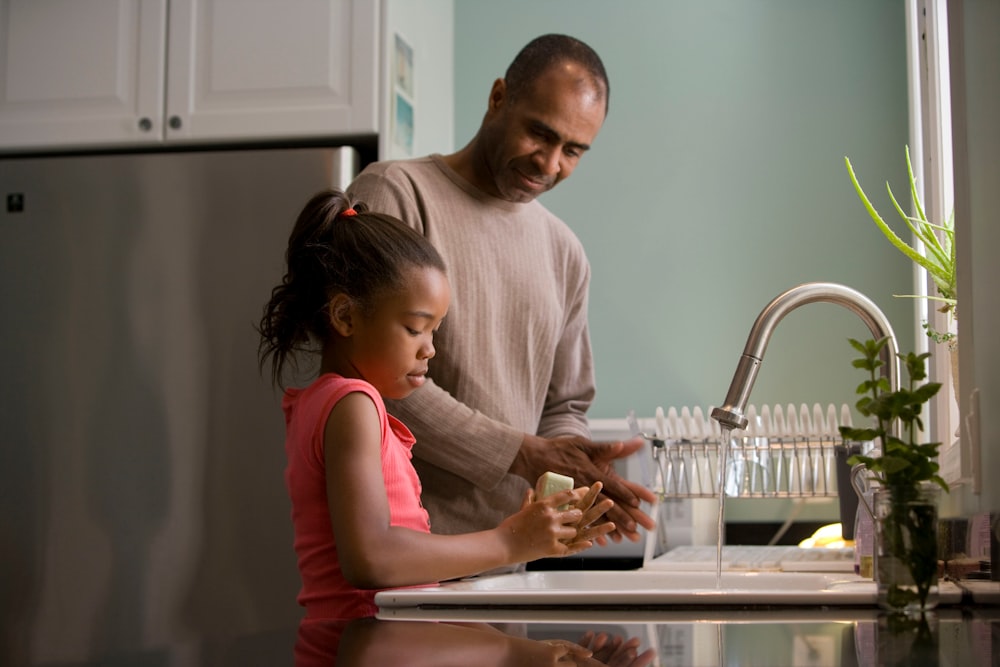Written by Aubrey-Dawn Palmer
Seasonal Affective Disorder (SAD), sometimes called seasonal depression impacts an estimated 10 million people every year (Mayo Clinic, 2017). Characterized by symptoms of increased lethargy, fatigue, depression, hopelessness, increased moodiness, changes in weight and appetite, increased sleep, and decreased motivation, SAD usually begins in the fall and ends at the end of winter when days get longer and temperatures rise. Risk factors include family history of mental illness, and having bipolar disorder, especially bipolar II. Women are 4x more likely to have SAD than men (Mayo Clinic, 2017). Having said this, SAD can impact people during the summer, but is less common. We’ll save that conversation for warmer weather and focus on winter SAD for now.
Winter can be hard for everyone, not just those with SAD. If you don’t have SAD but you find yourself lonely, sad, lethargic, or grieving during the winter months, these tips for coping can help you too.
Light Therapy
Bright light has been proven to be effective in reducing symptoms of seasonal affective disorder, particularly when used two hours daily during the winter season. (Terman, et al., 1989). Light therapy helps regulate the body’s circadian phases by helping to regulate the body’s mood affecting chemicals and hormones (Youngstedt, et al., 2016). You can get light therapy lights on Amazon if you’re interested in giving it a shot.
Exercise
This is pretty obvious. Exercise increases endorphins and serotonin levels, helping to combat depressive symptoms (Leppämäki, et al., 2002). Increasing the heart rate is a great way to fight off feelings of hopelessness and lethargy and other symptoms of depression (Blumenthal et. al., 2012). Sometimes it can be hard to find the motivation, but don’t give up. Push yourself.

Talk Therapy
As with any mood disorder, talk therapy can be effective in processing through depressive symptoms and feelings of hopelessness or lack of motivation. So if you’re feeling a “winter funk”, consider that maybe it really is a big deal. Seeking support and help isn’t a sign of weakness, it’s just taking care of yourself.
Vitamin D
Vitamin D is another way to help stabilize mood. SAD and low vitamin D levels are connected (Whiteman, 2014). Get as much sunlight as you can despite the cold, darker days, and increase food like fish, egg yolks, fortified dairy products and mushrooms. Consult a physician to take vitamin D supplements.

Social interactions
Even though having SAD makes it easier to isolate and comes with a lack of motivation, getting out and spending time with friends and family is an important way to cope and keep that depressed mood at bay. When my husband lived in Alaska, he met a mayor of a small town who held a weekly dinner at his home and would make personal visits to the citizens of the town to help them feel valued and combat depression and loneliness. Citizens of the town talked about how much they appreciated having these weekly dinners, particularly during the winter.
When it comes down to it, depression, anxiety, bipolar, and SAD are serious mood disorders which are commonly comorbid (occurring simultaneously), so be sure to take care of yourself and your loved ones. We all need love and care.
 1. Take time for self care.
1. Take time for self care.
2. Check on a loved one who may be struggling with any emotion or mental health challenge, not just SAD.
References
Blumenthal, J. A., Smith, P. J., & Hoffman, B. M. (2012). Is Exercise a Viable Treatment for Depression? ACSMs HealthFit. https://doi/10.1249/01.FIT.0000416000.09526.eb
Leppämäki, S., Partonen, T., & Lönnqvist, J. (2002). Bright-light exposure combined with physical exercise elevates mood. Journal of Affective Disorders, 72(2), 139–144. https://doi/10.1016/s0165-0327(01)00417-7
Terman, M., Terman, J. S., Quitkin, F. M., McGrath, P. J., Stewart, J. W., & Rafferty, B. (1989). Light therapy for Seasonal Affective Disorder. Neuropsychopharmacology, 2(1), 1–22. https://doi/10.1016/0893-133x(89)90002-x
Whiteman, H. (2014). Researchers link vitamin D deficiency to seasonal affective disorder. Medical News Today. Retrieved from https://www.medicalnewstoday.com/articles/286496.php#1
Youngstedt, S. D., Kline, C. E., Elliot, J. A., Zielinski, M. R., Devlin, T. M., & Moore, T. A. (2016). Circadian Phase-Shifting Effects of Bright Light, Exercise, and Bright Light Exercise. Journal of Circadian Rhythms, 14(1). https://doi/10.5334/jcr.137
























